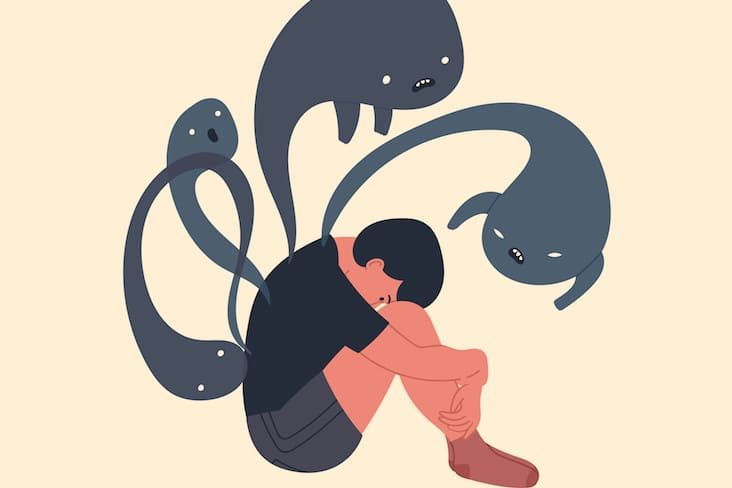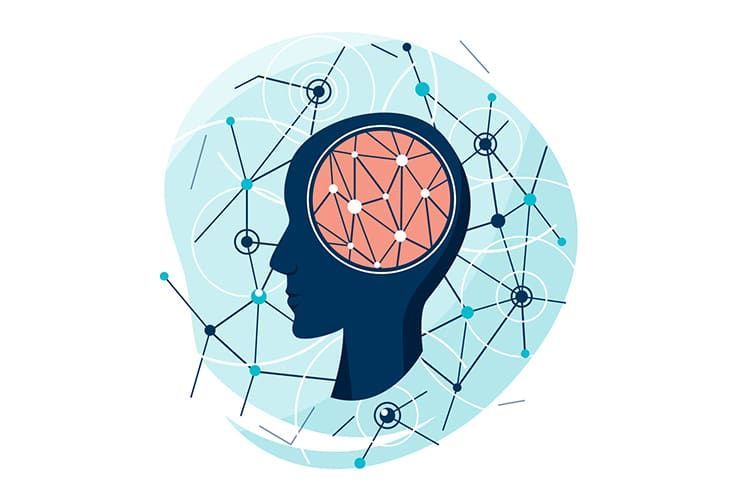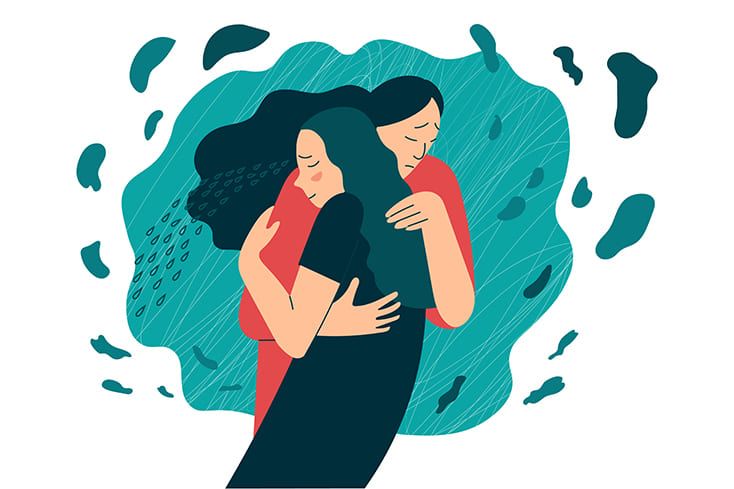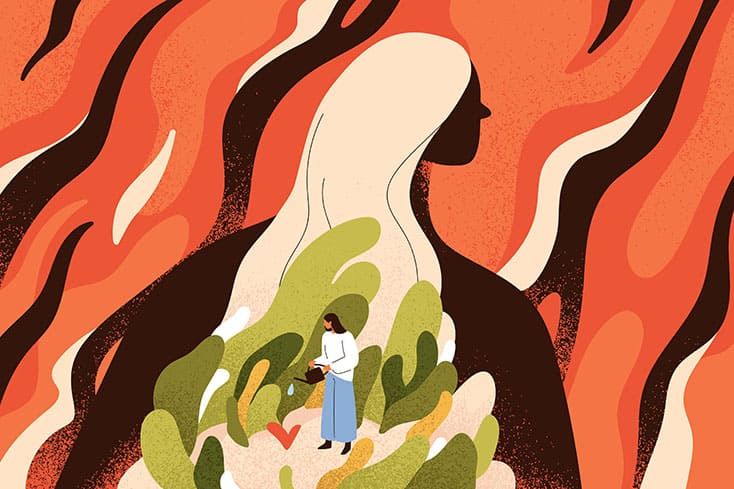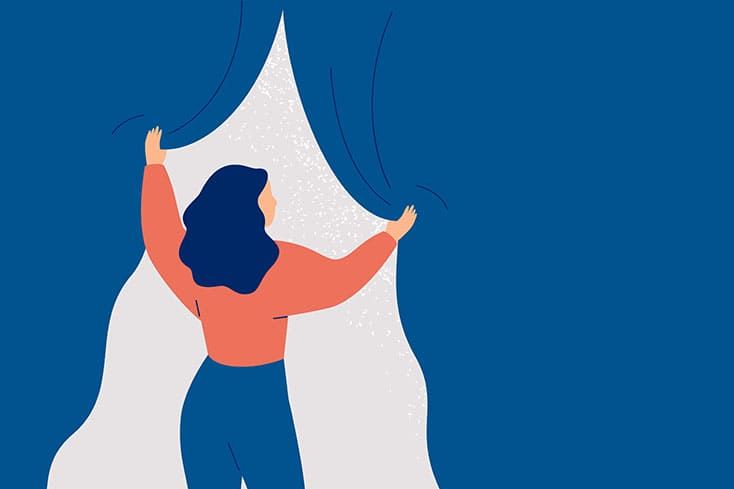如何預測下一次雙相情緒發作 | How to Predict Your Next Bipolar Episode
MHACC 雙語部落格 Bilingual Blog
Scroll down for the English Version ⬇️
發佈日期:2021 年 5 月 26 日
作者:Alice Lam 博士 MBChB FRACGP
原文出處:https://www.nami.org/bipolar-and-related-disorders/how-to-predict-your-next-bipolar-episode/
如果你能在憂鬱或躁症發作之前就阻止它,該有多好?
好消息是,對許多雙相情緒障礙患者而言,他們確實可以學會察覺復發的早期跡象,而這正是預防全面發作的第一步。這些早期跡象被稱為「前驅期(prodrome)」——也就是躁症或憂鬱發作前的一組徵兆。
對雙相情緒障礙患者以及支持他們的家人與朋友來說,學會辨認這些前驅症狀,是病情管理中極為重要的一環。
研究怎麼說?
2003 年,有研究人員回顧了 17 項研究,涵蓋超過 1,000 名雙相情緒障礙患者,調查他們在躁症或憂鬱復發前的前驅症狀及持續時間。主要發現如下:
- 睡眠障礙是躁症即將發作的重要指標之一
- 憂鬱發作的前驅期平均為 11~19 天,躁症發作則為 1~120 天
2016 年,另一項包含超過 1,000 名患者的 11 項研究綜述指出:
- 發作「再次發生」前的前驅期通常比「首次發作」前短得多
- 前驅期的症狀與發作期間的症狀非常相似,例如:在憂鬱發作前,情緒會開始下滑
這對我意味著什麼?
若你能察覺這些早期警訊,你可能能完全避免復發——或至少讓發作變得更輕微、更易於控制。
如果你目前狀況穩定,可以回想自己過往的發作經歷,建議寫下當時出現的前期徵兆。
雖然目前沒有一套適用於所有人的檢測工具或標準症狀清單,但研究發現:你個人經歷中的警訊症狀,對你自己是有參考價值的。
約一半的雙相情緒障礙患者能辨認出至少三個代表躁症或憂鬱即將來臨的症狀。
如何記錄自己的警訊?
儘量具體、詳細地列出來。以下是按症狀類別整理的一些常見例子:
☁️ 情緒變化
低落/易怒/情緒高漲
- 「我感到無比快樂、自信,覺得自己無所不能,簡直刀槍不入。」
- 「我常因一點小事就哭,比如看到一支悲傷的廣告就崩潰。」
😴 睡眠習慣
失眠/睡眠過多或過少
- 「我記得自己凌晨四點才睡、早上七點起床上班,但完全不覺得累。」
🔄 活動狀態
坐立不安/遲緩無力/性慾過度
- 「我在辦公室走來走去,雖然根本沒什麼事要趕。」
- 「我幾乎整天躺在床上,只剩下哭的力氣。」
🍽 食慾變化
變差/暴食
- 「我知道自己該吃點東西,但因為一直在忙著拍影片,所以都沒吃。」
💭 興趣與想法
失去原本的興趣/思緒奔馳/對新計畫過度執著/衝動風險行為
- 「我完全忽略了工作,只因為要更新那張 20 個創業點子的試算表,我相信這些點子會讓我發大財。」
- 「我開始玩線上撲克,差點把房子賠掉。」
- 「我整個人被憂鬱吞沒,覺得人生毫無意義,世界沒有快樂、也沒有出路……一切都是假的。」
🗣 說話方式
語速飛快、讓人難以跟上/語音含糊
- 「我不斷被朋友打斷,因為他們說我話太快停不下來。事後他們告訴我,我講話從不換氣,也說個沒完。」
👕 外表打扮
可能變得不修邊幅,或突然換成與平常完全不同的風格
- 「我在線上花了好幾千元買新衣服,現在回頭看,那些衣服根本不適合我,有些甚至很不得體。」
如果我感覺快要復發了該怎麼辦?
請立刻尋求醫師協助,無論是你的家庭醫師還是精神科醫師。他們可能需要調整你的用藥。也有可能是你的睡眠週期失調,或是近期壓力太大,需要處理。
如果你覺得情況正在惡化,無法靠自己應對,也請向伴侶、家人或朋友求助。最重要的是要及早尋求幫助,以免症狀進一步惡化到危機狀態。
作者簡介
Dr. Alice Lam 是一位家庭醫師,曾在英國與澳洲行醫,長期為病患發聲與倡議。
🔗 了解更多可造訪她的健康寫作網站:dralicelam.com
May 26, 2021
By Alice Lam MBChB FRACGP
Original Source: https://www.nami.org/bipolar-and-related-disorders/how-to-predict-your-next-bipolar-episode/
Wouldn’t it be great if you could stop a depressive or manic episode from coming on?
Fortunately, for many people with bipolar disorder, they can learn how to sense a relapse beginning, which is the first step in preventing a full episode. What we are talking about here is the “prodrome:” a set of early signs of a manic or depressive episode.
For people with bipolar disorder, and those in their support network, knowing how to recognize the prodrome is an important part of bipolar management.
What Do the Studies Show?
Researchers reviewed 17 studies in 2003, looking at more than 1,000 people with bipolar disorder. They looked at the prodromal symptoms and duration before a depressive or manic relapse. These were their main
findings:
- Sleep disturbance was one of the key indicators of an impending manic episode
- The average length of the prodrome was 11–19 days for depressive episodes and 1–120 days for manic episodes
In 2016, another review of 11 studies that included more than 1,000 people concluded that prodromes occurring before recurrent episodes were much shorter than those before first episodes. Additionally, the symptoms in the prodrome period were similar to those symptoms that a person would experience during an episode. For example, low mood creeping up before a depressive episode.
What Does This Mean for Me?
It is helpful to know that if you are able to pick up on any early warning signs, it could mean you may prevent a relapse altogether; or at least that the episode will be milder and more manageable.
If you are well enough to think back on your previous episodes, it can be helpful to make some notes on what your early signs were.
Although there isn’t a definitive test or list of symptoms that applies to everyone, the good news is, there is some evidence that your warning signs are a useful marker for you. About
half of people with bipolar disorder are able to identify at least three symptoms that indicate impending mania or depression.
When making your list, try to be as specific as you can. Here are some examples based on category of symptom:
Mood: Low / irritable / elevated. “I felt so happy and confident, like I could do anything. I was invincible.” “I would cry at the drop of a hat…even seeing a sad TV ad and I’d break down.”
Sleep: Broken / need for less or more sleep. “I remember being up til 4 a.m. and waking at 7 a.m. for work, feeling totally refreshed.”
Activity: Pacing or fidgeting (can’t sit still) / sluggish / hypersexual. “I was speeding up and down the corridors at work but there was no need to hurry.” “I lay in bed most of the time, no energy to do anything but cry.”
Appetite: Reduced / increased. “I knew I should be eating, but I kept skipping meals, I was so busy with my vlogging.”
Interest / ideas: Loss of interest in usual activities / thoughts racing / obsessive interest in new projects / unhealthy risk taking. “I totally neglected my work as I had to attend to my spreadsheet of 20 different projects, which were going to make me rich.” “I got into online poker and nearly lost my home.” “I was totally wrapped up in my depression. I thought there was no point in anything, no joy in the world, no way out…everything and everyone was fake.”
Speech: Speech is fast, hard to follow / speech is slurred. “I kept getting annoyed with my friends because they wouldn’t let me finish what I had to say. When I recovered, they all told me I never drew breath, and I was rambling.”
Appearance: People around you may notice you are dressing with less attention to your appearance or in a completely different style. “I spent thousands of dollars online for a brand-new wardrobe. The clothes were totally not my style, looking back, and sometimes really inappropriate.”
What Should I Do If I Am Heading Toward Relapse?
Get help from your doctor, whether that is your family physician or psychiatrist. They might need to review your medications. It could be that your sleep cycle is out of balance, or perhaps there are stressors that need to be managed.
If you are getting worse, and feeling like you can’t cope on your own, ask for support from your partner, family and/or friends. The most important thing is to seek help early on so that your symptoms do not escalate to a crisis state.
Dr. Alice Lam has worked as a GP both in the UK and Australia and has advocated for countless patients. To find out more about her health writing service, please go to dralicelam.com.
Sign up for our Newsletter
訂閱每月簡訊獲得最新資訊
Contact Us




